Through her quest to discover Ghana and explore its culture, Ms. Kimberly Roberta Follador, an MSc student from the Faculty of Agronomy at the Federal University of Rio Grande do Sul, Brazil, has successfully completed a four-month internship with the Department of Crop and Soil Sciences of the Faculty of Agriculture, Kwame Nkrumah University of Science and Technology (KNUST), Kumasi.
Her visit was made possible through a collaboration between KNUST, CSIR-Soil Research Institute and the Federal University of Rio Grande do Sul.
Reflecting on her journey, she shared how a simple classroom moment set her on the path to Ghana.
“My professor asked who wanted to go to Ghana and conduct research on the chemical fractionation of soil organic matter. I just said, ‘I want to go,’ and it was something that I truly wanted.”
After realizing her dream, Ms. Follador came not only to experience the culture but also to justify the confidence her professor had in selecting her.During her stay, she conducted chemical fractionation of soil organic matter into recalcitrant fractions of humic substances, which provide critical information on the persistence of soil organic matter in soils.
The African Dark Earth, is a result of soil improvement through human or anthropogenic activities such as the deposition of organic materials, including kitchen wastes and animal droppings, usually near homesteads of indigenous people.
“In my research, though ongoing, I realized that the African Dark Earths here have very high carbon content. The detailed analysis will be done in Brazil, but I can say that soils here are extremely rich in carbon.
Usually, in Brazil, we extract each fraction three or four times, but here in Ghana, I had to extract seven or even nine times, which shows the soils are very carbon dense which is very good,” she explained.
She went on to highlight the broader scientific and agricultural relevance of African Dark Earths.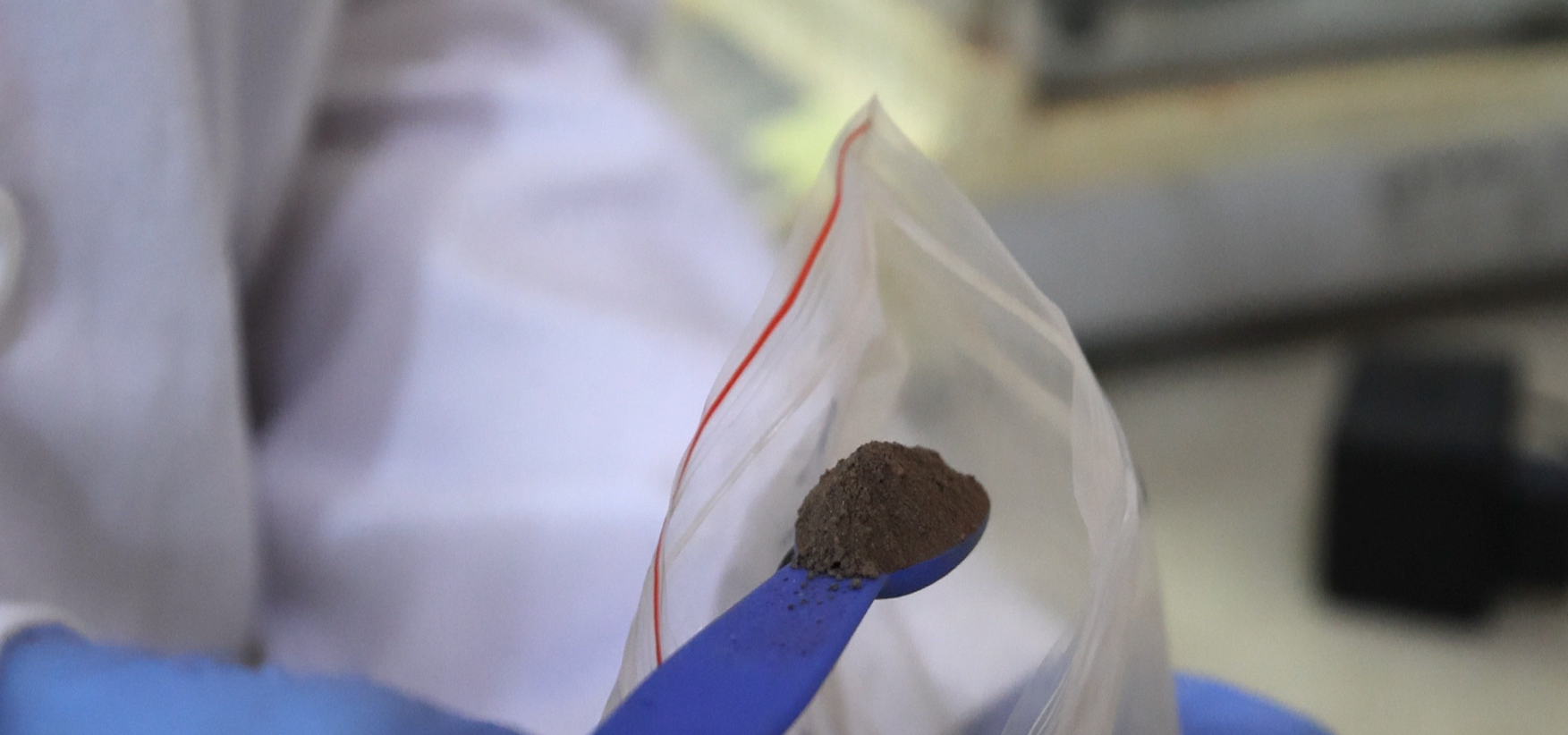
“These soils are important because sometimes you have land that is more weathered and lacks organic matter. African Dark Earths, which are anthropogenic, accumulate organic matter, helping to mitigate climate change. They also have improved soil fertility status, making them beneficial for agriculture.”
The Department of Crop and Soil Sciences, in collaboration with the CSIR-Soil Research Institute, identified African Dark Earth sites in the Bono East, Ashanti, Upper East Regions, etc. Ms. Follador’s work is focused on three of these sites.
Reflecting on her stay in Ghana, she said the experience reshaped her outlook. “Before coming here, I only had one way of working with carbon but being here opened my mind to other possibilities. I learned from how other researchers worked with carbon, and it broadened my perspective.
Professors and students here helped me a lot, both with my research and in settling into Ghanaian life. They made me feel at home, showed me the city, and introduced me to Ghanaian culture. I’m going back to Brazil with very good experiences,” she exclaimed.
Prof. Vincent Logah, Head of the Department of Crop and Soil Sciences, praised Kimberly’s dedication, noting that her work in Ghana was jointly supervised with Dr. Edward Yeboah, former Director of the Soil Research Institute, Kwadaso.
He indicated that the Department of Crop and Soil Sciences conducts innovative research on soil organic carbon which has attracted interest from scientists globally and “We continue to receive requests from international students who want to study soil carbon with us,” he said.
“The work is very laborious, with some processes taking 12 hours to obtain a single fraction. She has been very industrious, spending her whole time in the laboratory. She has done very well,” he added.
The Dean of the Faculty of Agriculture, Prof. Fred Nimoh also highlighted the broader significance of such collaborations.
 “We were so happy to host her here. We expect more collaborations of this nature, and hopefully, it will become a two-way exchange where our students also study abroad.
“We were so happy to host her here. We expect more collaborations of this nature, and hopefully, it will become a two-way exchange where our students also study abroad.
In the long term, we would be glad to have an MOU between both universities. Such collaborations will help improve agricultural productivity and address food insecurity challenges in the sub-region and globally.”
After four months of intensive work and cultural exchange at KNUST, Ms. Follador leaves Ghana with a deeper appreciation of African Dark Earths and their role in sustainable agriculture.

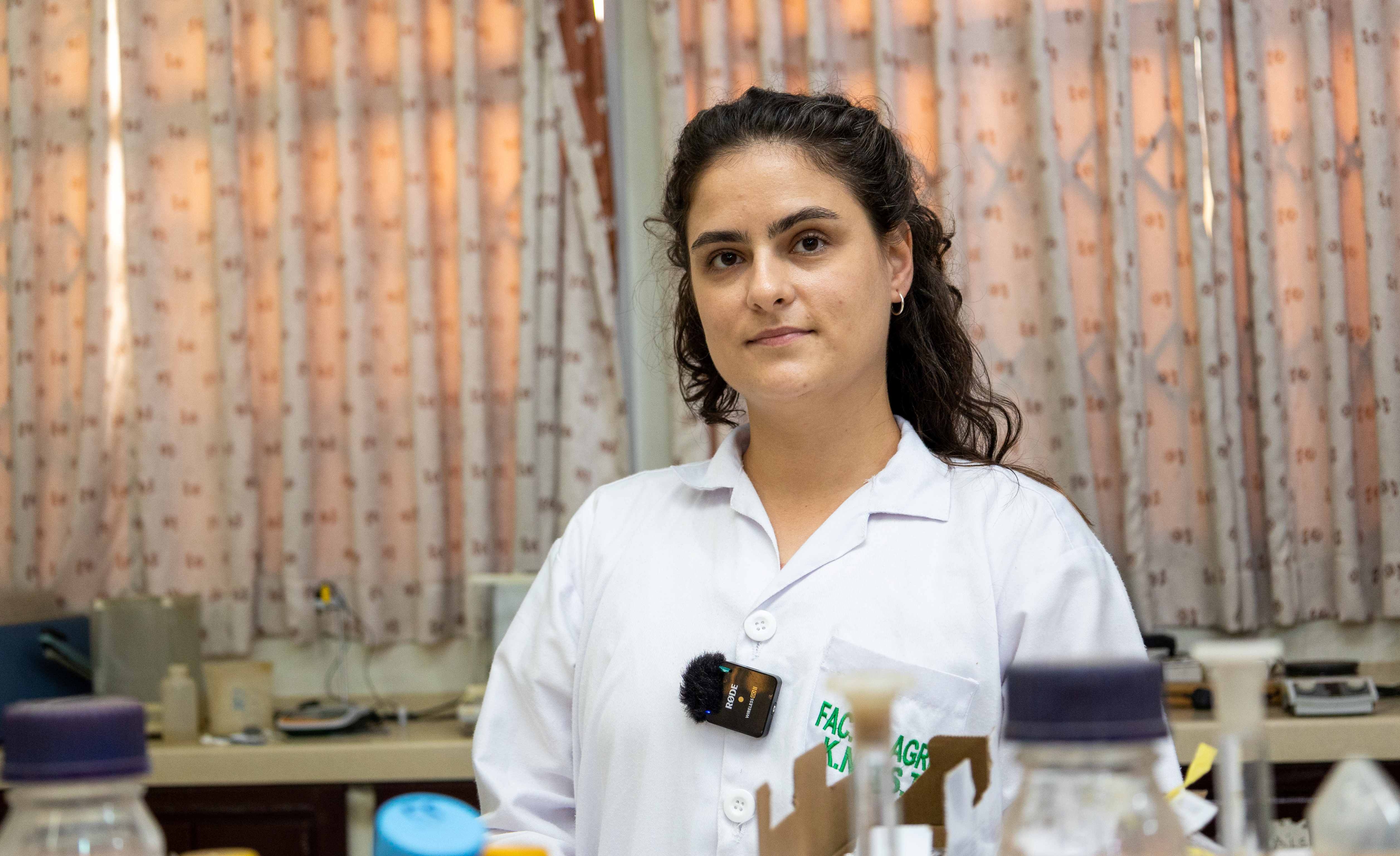
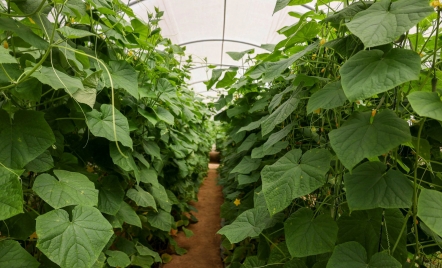
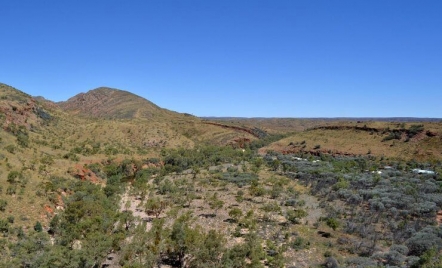
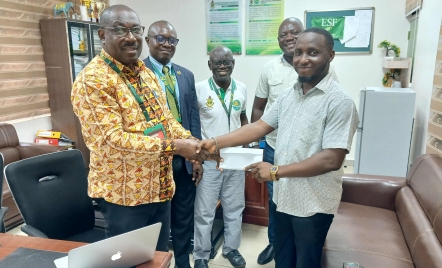
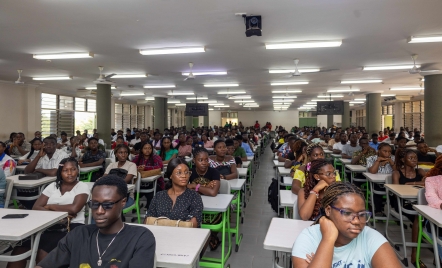
Comments